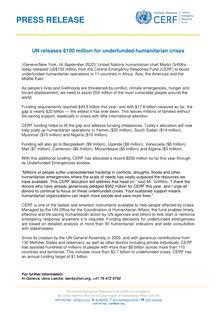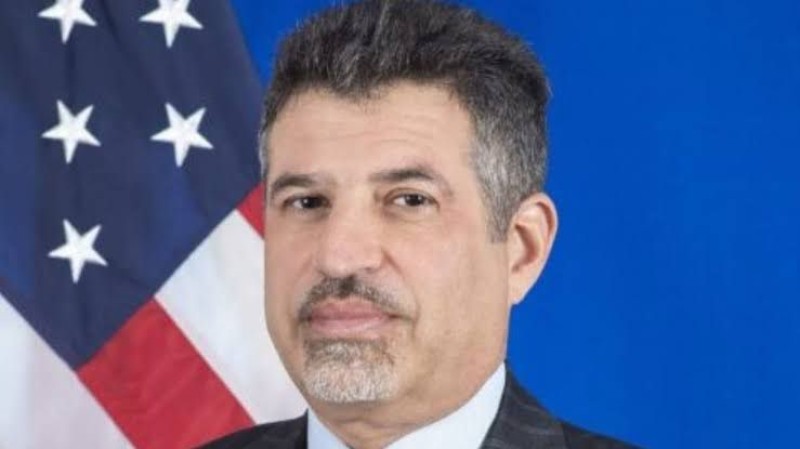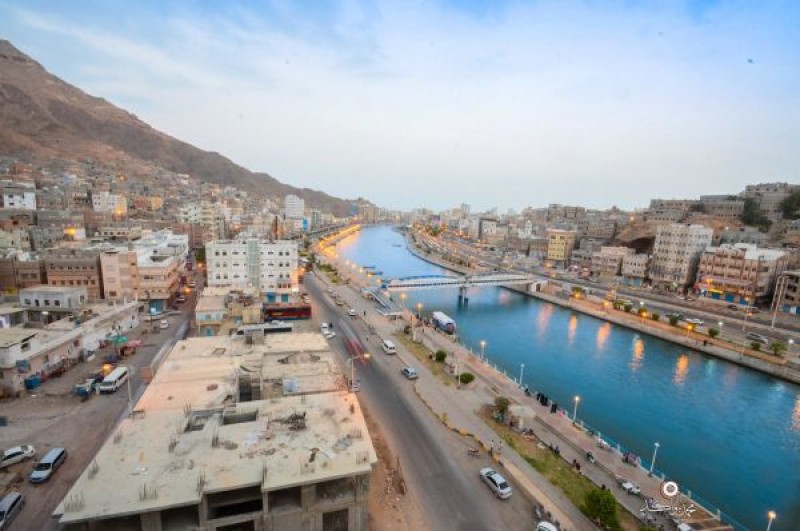As expected, Yemen’s Houthis decline GCC invitation to attend Riyadh talks


As expected, Yemen’s Iran-backed Houthis declined to attend talks to be held by the Gulf Cooperation Council at GCC headquarters in Riyadh to discuss a peaceful settlement in Yemen.
The GCC plans to invite Yemeni parties including the Houthis for “expanded consultations” in the Saudi capital this month, Gulf officials told the media on Tuesday.
The Houthis claimed on Wednesday they would welcome talks with the Saudi-led Arab coalition if the venue is a “neutral country”, including some Gulf states and that the priority is lifting “arbitrary” restrictions on Yemeni ports and Sana’a airport. The coalition says the blockade aims to prevent arms smuggling from Iran.
“It is neither logical, nor fair that the host of the talks is also the sponsor of war and blockade,” the Iran-aligned movement said in a statement on the official news agency.
Riyadh leads a military coalition that has been battling the Houthis for seven years in a conflict widely seen in the region as a proxy war where Iran backs Houthi rebels against the internationally-recognised government.
The UN special envoy has been holding talks with Yemeni parties to build a framework for inclusive political negotiations to end the war which has killed tens of thousands of people and pushed Yemen to the brink of famine.
The alliance intervened in March 2015 after the Houthis ousted the internationally-recognised government from the capital, Sana’a, in late 2014.
The United Nations on Wednesday received only $1.3 billion in pledges towards a $4.27 billion aid plan for Yemen where the humanitarian drive had seen funding dry up even before global attention turned to the conflict in Ukraine.
Not many experts were surprised by the Houthis' reaction as they have spared no effort in the past to block all peace initiatives and calls for a truce.
Talking to The Arab Weekly, on Tuesday, Yemeni political researcher Mahmoud Al-Taher described the GCC initiative as "another chance for Yemen," after the opportunity that the Houthis missed in March 2021, when Saudi Arabia launched a well-articulated peace initiative.
Speculating on the Houthis’ likely reactions to the GCC initiative, Taher said, “there are two scenarios for their dealing with this initiative; the first is to accept it, with the aim of telling their constituencies at home, that the resolutions of the UN Security Council, the European Union and the League of Arab States are just ink on paper. Hence, they will sell their participation as a victory over such resolutions. In that case, they participate just for the sake of attending.”
The second scenario, which according to Taher, was much more likely, was that “the Houthis refuse to participate in the consultations, continue to miss opportunities for peace and work to escalate their military operations inside Yemen, as they continue to believe end to the war in Yemen will come only through military force.”

Riyadh — U.S. Ambassador to Yemen, Steven Fagin, on Monday underscored Washington’s commitment to the unity of the Presidential Leaders…

Abyan — The Southern Transitional Council (STC) in Yemen announced on Monday the launch of wide-scale military operations in Abyan province,…

Aden – Yemen is witnessing heightened political activity aimed at defusing tensions in the eastern provinces, where competing forces have vie…